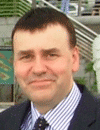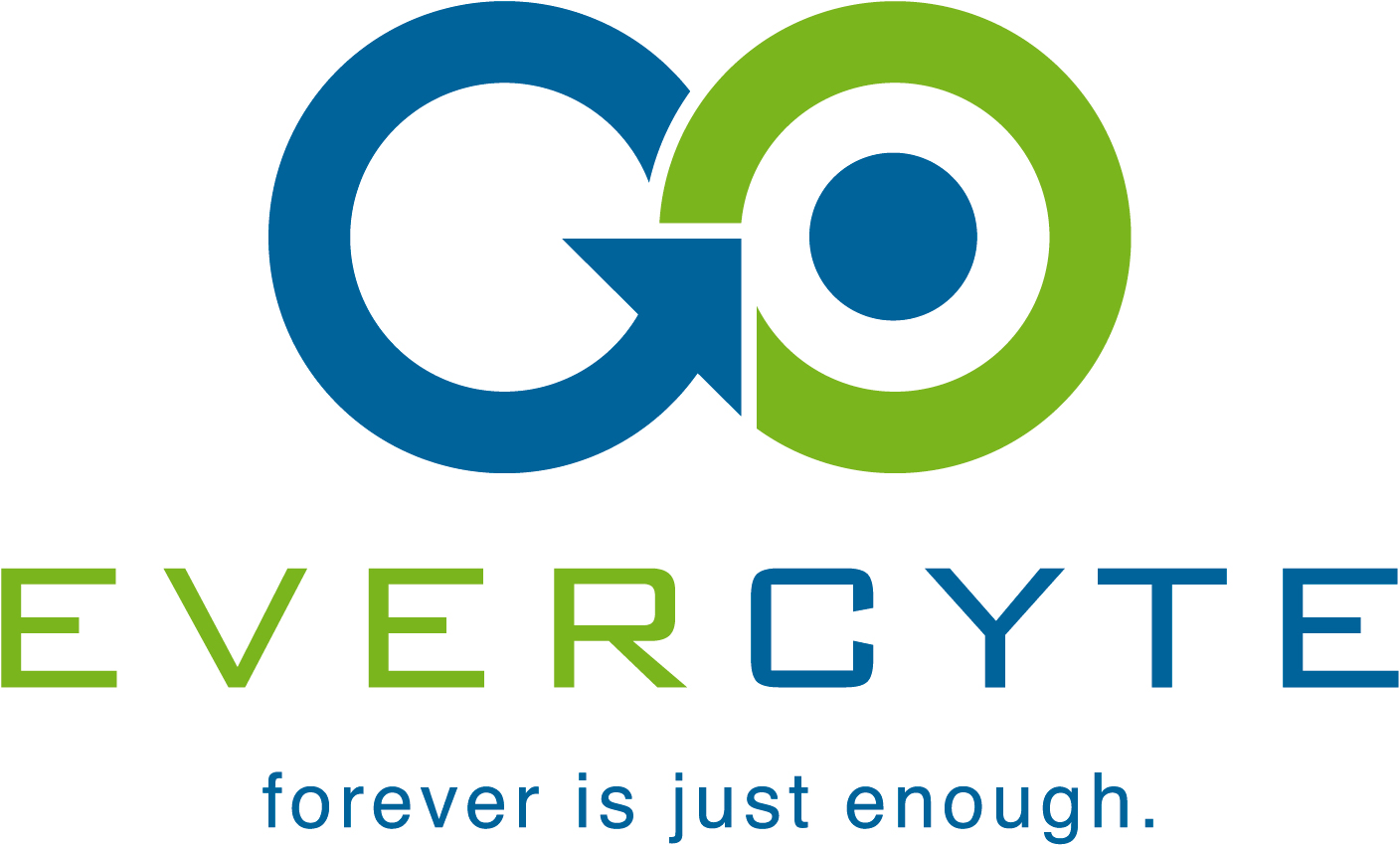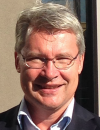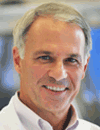08:00 | Registration |
|
3D Cell Culture | Session Sponsors |
| |
09:15 | Establishment and Characterization of 3D Culture Systems as Preclinical in vitro Models of Human Colorectal Cancer
Manuele Muraro, Research Fellow, University Hospital Basel, Switzerland
We have developed innovative 3D systems for the culture of human colorectal cancer (CRC) mimicking in-vitro the behavior of cells within tissues. These systems could be used as platforms for anticancer drug evaluation. |
10:00 | Coffee and Networking in Exhibiton Hall |
10:45 |  | Keynote Presentation Advanced Cell Culture and Assay Systems for Biomedical Research
Anthony Mitchell Davies, Director, Trinity College Dublin, Ireland
Currently one the biggest drivers in the field is the need to improve the relevance of the cell based assays and culture systems, to achieve these aims many are turning their attention to the use of primary cells and/or 3 dimensional cellular assay models. In this presentation we will for the first time report a new range of engineered cellular assay and culture systems that will closer mimic the cellular micro-environments found in vivo and describe how these can be used in conjunction with the very latest cellular analysis technologies to gain new insights into cellular function and disease. |
|
11:45 | 3D Organotypic Liver Cultures and their Application in Predictive Toxicology
Fozia Noor, Biochemical Engineer, Saarland University, Germany
I will present 3D-cultures of liver cells for the long-term maintenance of liver like functions. We use metabolomics for the characterization of these cultures under serum-free conditions. These cultures can be used for pharmacologically relevant acute and chronic toxicity assessments. |
12:30 |  Technology Spotlight: Technology Spotlight:
Urine Derived Cells for Cellular Assays
Johannes Grillari, Chief Scientific Officer/Co Founder, Evercyte GmbH
Non-invasively obtained human cell cultures from any consenting individual can be established using urine a source for cells. Here we summarize our knowledge on urine derived cells from kidney epithelial to iPS cells.
|
12:45 | Lunch and Networking in Exhibition Hall |
13:30 | Poster Viewing Session |
|
Cellular Capture and Purification Methodologies |
| |
14:00 |  | Keynote Presentation Circulating Tumor Cells as Liquid Biopsy for Cancer Patients
Klaus Pantel, Chairman, Department of Tumor Biology, University Medical Center Hamburg-Eppendorf, Germany
The molecular analysis of CTC isolated from peripheral blood samples as “liquid biopsy” will reveal characteristics of metastatic cancer cells. This information can be used as companion diagnostics to improve the stratification of therapies and to obtain insights into therapy-induced selection of cancer cells. |
|
15:00 | A Potentially Scalable Method for the Harvesting of hMSCs from Microcarriers: Initial Results
Qasim Rafiq, Research Fellow, Loughbrough University, United Kingdom
Whilst much research investigating hMSC culture on microcarriers has focused on growth, much less involves their harvesting for passaging or as a step towards cryopreservation and storage. A successful new harvesting method has recently been outlined by us for cells grown on SoloHill microcarriers in a 5 L bioreactor. Here, this new method is set out in detail and it applicability for large scale culture discussed. |
15:45 | Coffee and Networking in Exhibiton Hall |
16:30 | Detection and Characterization of Viable Circulating Tumor Cells
Catherine Alix-Panabieres, Associate Professor, University Medical Center of Montpellier, France
|
|
Preventing Cell Line Cross Contamination | Session Sponsors |
| |
17:15 | Diagnosis and Prevention of Cell Line Cross Contamination; Causes, Identification and Prevention
John Masters, Professor, University College London, United Kingdom
Up to 20% of human cell lines are derived from a different individual or species to that claimed. The presentation will describe how poor tissue culture practice can result in cross-contamination, the use of STR profiling to identify it and methods for preventing it happening in the laboratory. |
18:00 | End of Day One |







